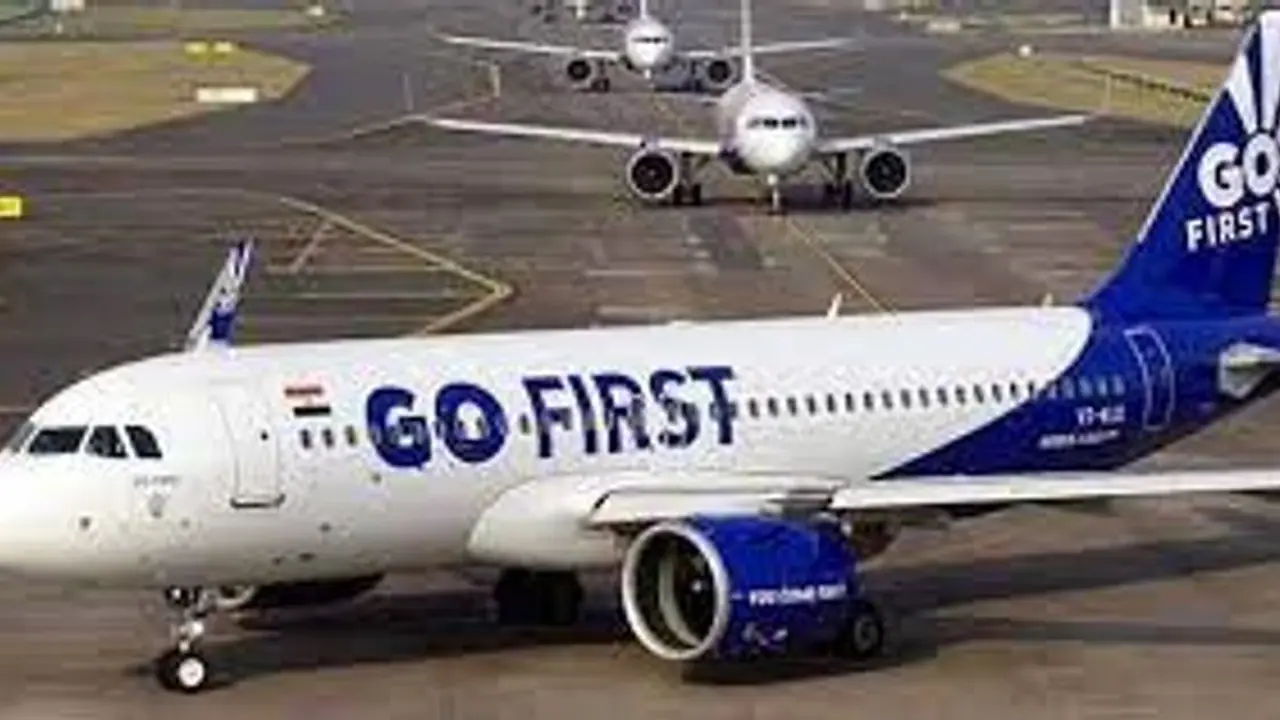The suspension of Go First's flights has not only affected its workforce of over 7,000 employees but has also led to a surge in air ticket prices on routes previously serviced by the airline, which operated around 170-180 flights daily.
Ever since cash-strapped Go First suspended its flights on May 3, the aviation industry has experienced a series of challenges, including increased airfares, concerns among aircraft lessors, and job insecurity for thousands of employees.

While the government and stakeholders are hopeful for Go First's prompt resumption of operations, plans are underway to revive the budget airline. News agency PTI spoke with Go First employees, revealing a division in their outlook: some remain optimistic about the airline's restart, while others express pessimism based on the fate of Kingfisher Airlines and Jet Airways.
In recent discussions between senior executives of Go First and officials from the Directorate General of Civil Aviation (DGCA), revival plans were explored.
The suspension of Go First's flights has not only affected its workforce of over 7,000 employees but has also led to a surge in air ticket prices on routes previously serviced by the airline, which operated around 170-180 flights daily. The consequences of this situation are significant for both passengers and the industry at large.
The crisis faced by Go First originated from the unavailability of Pratt & Whitney engines, leading to the grounding of a significant portion of its A320 neo fleet. As a result, the airline's promoters made the decision to suspend flights and initiate voluntary insolvency resolution proceedings on May 2.
Since May 3, Go First has not operated any flights, and the National Company Law Tribunal (NCLT) admitted its petition for insolvency proceedings on May 10. However, several lessors who have leased aircraft to the carrier have challenged these proceedings, seeking to reclaim their planes despite the moratorium on financial obligations and asset transfers.
The suspension of Go First's operations has caused a notable reduction in capacity, which has contributed to an increase in airfares, particularly for travel within the D15 window (15 days before travel). Gaurav Patwari, Vice President of Air Category at Cleartrip, highlighted that fares within the D15 window have risen by 22%, while overall domestic fares have increased by over 20% compared to April.
The civil aviation ministry is currently analyzing the routes affected by Go First's flight suspension, as airfares on certain domestic routes have become significantly higher than fares to destinations like Maldives and Dubai. This situation has created an imbalance between supply and demand, resulting in inflated prices.
Amidst the Go First crisis, many pilots from the grounded airline are actively seeking alternative opportunities. In an effort to retain its captains, Go First has offered a monthly "retention allowance" of Rs 1 lakh, in addition to their regular salary. First officers will receive a retention allowance of Rs 50,000.
Go First recently extended the cancellation of flights until June 4 due to operational reasons. Initially suspended for three days until May 5, the flight suspension has been repeatedly extended.
Despite the challenges faced by Go First, the domestic demand for air travel remains robust this summer, with daily passenger numbers consistently exceeding 4.20 lakh. Consumer sentiment is strong, and leisure and visiting friends and relatives (VFR) travel are at an all-time high. It is worth noting that Go First had been in operation for over 17 years.
